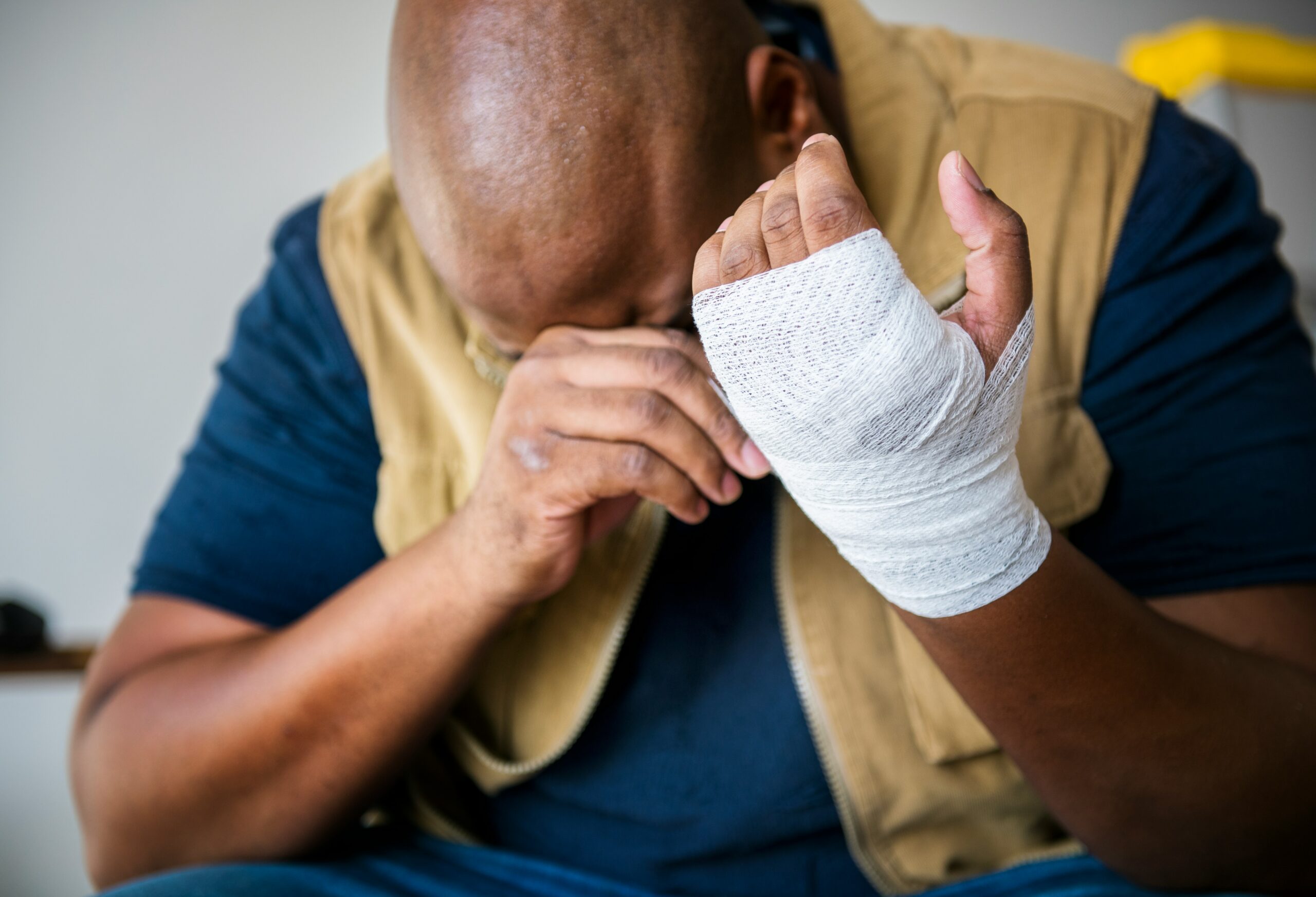
A personal injury case requires careful planning, detailed evidence, and a strategic approach to ensure you receive fair compensation. Following a structured process can strengthen your claim and improve your chances of success if you have been injured due to someone else’s negligence. Below is a step-by-step guide to building a solid personal injury case.
Seek Immediate Medical Attention
Your health should always be the top priority after an injury. Seeking medical care ensures you receive the necessary treatment and creates a documented record of your injuries. Insurance companies and courts rely heavily on medical reports to determine the severity of an injury and its connection to the accident.
Even if you do not feel immediate pain, some injuries, such as concussions or internal damage, may not be apparent right away. Delaying medical treatment could lead to complications and give insurers a reason to argue that your injuries were not serious or related to the incident.
Gather and Preserve Evidence
Substantial evidence is crucial in personal injury claims. Start by documenting everything related to the accident, including photographs of the scene, injuries, property damage, and any hazardous conditions that contributed to the event. Take pictures from multiple angles to provide a clear view of the circumstances.
Additionally, secure any physical evidence supporting your claim, such as damaged clothing, broken equipment, or vehicle parts. The more evidence you can collect, the harder it will be for the opposing party to dispute your claim.
Obtain Witness Statements
Eyewitness testimony can be incredibly valuable in corroborating your account of the accident. If bystanders or other parties saw what happened, ask for their contact information and request a written or recorded statement describing what they observed.
Witness statements help establish fault and counter any arguments made by the defendant or insurance adjusters. People tend to forget details over time, so it is best to collect statements as soon as possible while their memory remains fresh.
Report the Incident Properly
Depending on the nature of your injury, you should report the accident to the appropriate authorities. For car accidents, contact the police and obtain an official accident report. If the injury occurred at a workplace, notify your employer and file a workplace injury report. For premises liability cases, inform the property owner or manager and request a written acknowledgment of the incident.
An official report can serve as critical evidence, providing a neutral third-party account of the accident. These reports document weather conditions, road hazards, and any citations issued at the scene.
Keep Detailed Records
Maintaining organized documentation is essential for proving damages. Record all medical expenses, prescriptions, physical therapy sessions, and any other costs related to your injury. If your injury has led to lost wages, obtain documentation from your employer confirming the impact on your income.
Additionally, maintain a personal injury journal where you document pain levels, mobility issues, emotional distress, and other effects of the injury on your daily life. These records provide compelling evidence of how the injury has impacted you beyond medical bills alone.
Avoid Speaking with Insurance Adjusters Without Preparation
Insurance companies are not on your side. Their primary goal is to minimize payouts, and they may try to get you to make statements that weaken your case. Avoid giving recorded statements or signing documents without fully understanding their implications.
If you must communicate with an insurance adjuster, keep your responses brief and factual. Before consulting with a legal professional, do not speculate about your injuries or accept any settlement offers. Early settlement offers are often lower than what you may be entitled to.
Consult with a Personal Injury Attorney
Navigating a personal injury case alone can be challenging, especially when dealing with insurance companies, legal paperwork, and negotiations. An experienced personal injury attorney can guide you through the process, help gather evidence, and advocate for your best interests.
Many personal injury attorneys work on a contingency fee basis, meaning they only get paid if you win your case. Seeking legal representation increases your chances of obtaining a fair settlement or winning a court case if necessary.
Be Mindful of Social Media
Insurance companies and defense attorneys often monitor claimants’ social media profiles for any evidence that could undermine their case. Avoid posting photos, status updates, or comments about your injury or activities while your case is ongoing.
Even seemingly harmless posts can be misinterpreted and used to suggest that you are not as injured as claimed. To protect your case, adjust your privacy settings and refrain from discussing anything related to your accident online.
Understand the Statute of Limitations
Every state has a statute of limitations, which sets a deadline for filing a personal injury lawsuit. If you fail to file within this timeframe, you may lose your right to pursue compensation. The time limit varies depending on the type of case and the state in which the injury occurred.
To avoid missing critical deadlines, consult with an attorney as soon as possible to ensure all necessary legal actions are taken within the required timeframe.
Building a strong personal injury case requires thorough documentation, careful communication, and strategic legal action. Seeking medical attention, preserving evidence, obtaining witness statements, and consulting with an attorney can significantly strengthen your claim. By following these steps and avoiding common pitfalls, you can increase your chances of receiving the compensation you deserve for your injuries and losses.